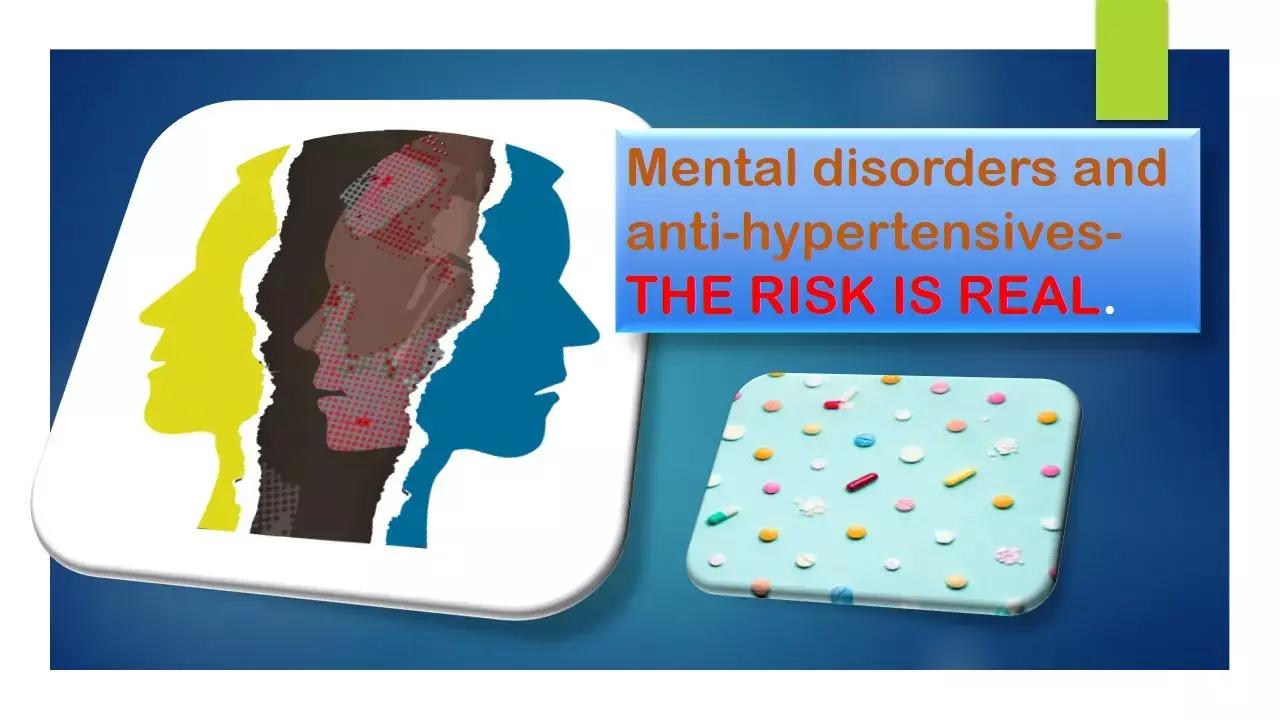- Home
- Medical news & Guidelines
- Anesthesiology
- Cardiology and CTVS
- Critical Care
- Dentistry
- Dermatology
- Diabetes and Endocrinology
- ENT
- Gastroenterology
- Medicine
- Nephrology
- Neurology
- Obstretics-Gynaecology
- Oncology
- Ophthalmology
- Orthopaedics
- Pediatrics-Neonatology
- Psychiatry
- Pulmonology
- Radiology
- Surgery
- Urology
- Laboratory Medicine
- Diet
- Nursing
- Paramedical
- Physiotherapy
- Health news
- Fact Check
- Bone Health Fact Check
- Brain Health Fact Check
- Cancer Related Fact Check
- Child Care Fact Check
- Dental and oral health fact check
- Diabetes and metabolic health fact check
- Diet and Nutrition Fact Check
- Eye and ENT Care Fact Check
- Fitness fact check
- Gut health fact check
- Heart health fact check
- Kidney health fact check
- Medical education fact check
- Men's health fact check
- Respiratory fact check
- Skin and hair care fact check
- Vaccine and Immunization fact check
- Women's health fact check
- AYUSH
- State News
- Andaman and Nicobar Islands
- Andhra Pradesh
- Arunachal Pradesh
- Assam
- Bihar
- Chandigarh
- Chattisgarh
- Dadra and Nagar Haveli
- Daman and Diu
- Delhi
- Goa
- Gujarat
- Haryana
- Himachal Pradesh
- Jammu & Kashmir
- Jharkhand
- Karnataka
- Kerala
- Ladakh
- Lakshadweep
- Madhya Pradesh
- Maharashtra
- Manipur
- Meghalaya
- Mizoram
- Nagaland
- Odisha
- Puducherry
- Punjab
- Rajasthan
- Sikkim
- Tamil Nadu
- Telangana
- Tripura
- Uttar Pradesh
- Uttrakhand
- West Bengal
- Medical Education
- Industry
ACE levels and schizophrenia risk, study explores the genetic association of antihypertensives with mental disorders.

Observational studies have reported associations between antihypertensive medication and psychiatric disorders, although the reported direction of association appears to be dependent on drug class. Chauquet et al in their recent study published in JAMA psychiatry have found that lower genetically estimated angiotensin-converting enzyme (ACE) messenger RNA and protein expression, as proxies for ACE inhibitor treatment, were associated with increased risk of schizophrenia.
A higher cardiovascular morbidity and mortality in individuals with psychiatric disorders has been partly attributed to both a higher incidence of risk factors for cardiovascular disease and less effective clinical management. The presence of risk factors for cardiovascular disease may be due to unfavorable effects of antipsychotic medication, adverse dietary habits, lack of exercise, and increased substance use. However, evidence of shared pathophysiological mechanisms also exists.
Given the high prevalence of hypertension in patients with psychiatric disorders, understanding whether these medications may cause, exacerbate, or relieve neuropsychiatric symptoms will enable clinicians to make better informed prescription decisions in comorbid individuals.
The objective of this study was to estimate the potential effect of different antihypertensive drug classes on schizophrenia, bipolar disorder, and major depressive disorder.
This 2-sample mendelian randomization study assessed the association between a single-nucleotide variant (SNV) and drug target gene expression derived from existing expression quantitative trait loci (eQTL) data in blood (sample 1) and the SNV-disease association from published case-control genome-wide association studies (sample 2). Significant associations were corroborated using published brain eQTL and protein QTL data. Participants included 40 675 patients with schizophrenia and 64 643 controls, 20 352 patients with bipolar disorder and 31 358 controls, and 135 458 patients with major depressive disorder and 344 901 controls.
Blood eQTL levels were measured in 31 684 individuals from 37 cohorts (eQTLGen consortium); prefrontal cortex eQTLs were measured from the PsychENCODE resource in 1387 individuals; and protein QTLs were measured in cerebral spinal fluid from 544 individuals and plasma from 818 individuals.
A 1-SD lower expression of the angiotensin-converting enzyme (ACE) gene in blood was associated with lower systolic blood pressure of 4.0 mm Hg, but increased risk of schizophrenia (odds ratio [OR], 1.75).
A concordant direction of association was also observed between ACE expression in prefrontal cortex and ACE protein levels in cerebral spinal fluid and plasma. The authors found no evidence for an association between genetically estimated SBP and schizophrenia risk.
These findings suggest an adverse association of lower ACE messenger RNA and protein levels with schizophrenia risk. These findings warrant greater pharmacovigilance and further investigation into the effect of ACE inhibitors, particularly those that are centrally acting, on psychiatric symptoms in patients with schizophrenia, as well as the role of ACE inhibitor use in late-onset schizophrenia.
Although approximately 20% of individuals with schizophrenia are reported to have late-onset disease (>40 years of age), for most patients, onset occurs in late adolescence or early adult life, ruling out ACE inhibitor treatment as a potential causal factor for most cases. However, if lower ACE levels play a causal role for schizophrenia risk, it would be reasonable to hypothesize that further lowering of ACE activity in existing patients could worsen symptoms or trigger a new episode.
"Given that visual hallucinations and reversible psychosis have been reported after ACE inhibitor treatment, our findings warrant further research into the functional role of ACE in schizophrenia, as well as greater pharmacovigilance", concluded the authors.
Source: JAMA psychiatry: doi:10.1001/jamapsychiatry.2021.0005
M.B.B.S, M.D. Psychiatry
M.B.B.S, M.D. Psychiatry (Teerthanker Mahavir University, U.P.) Currently working as Senior Resident in Department of Psychiatry, Institute of Human Behaviour and Allied Sciences (IHBAS) Dilshad Garden, New Delhi. Actively involved in various research activities of the department.
Dr Kamal Kant Kohli-MBBS, DTCD- a chest specialist with more than 30 years of practice and a flair for writing clinical articles, Dr Kamal Kant Kohli joined Medical Dialogues as a Chief Editor of Medical News. Besides writing articles, as an editor, he proofreads and verifies all the medical content published on Medical Dialogues including those coming from journals, studies,medical conferences,guidelines etc. Email: drkohli@medicaldialogues.in. Contact no. 011-43720751


